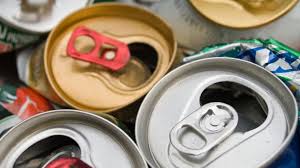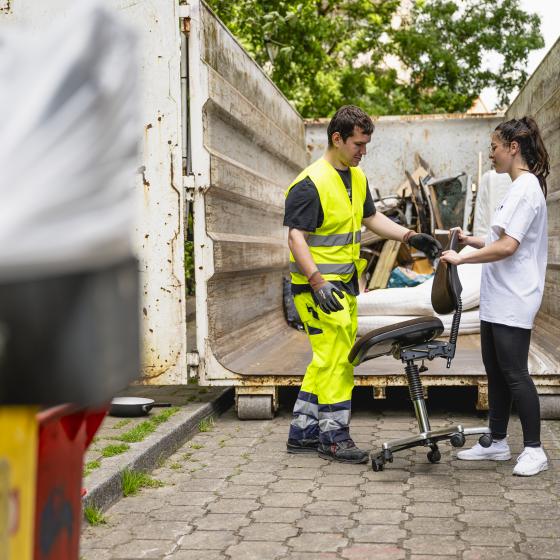Introduction of a deposit system for single-use plastic cans and bottles: further progress

The Brussels Region is moving ahead with its public cleanliness strategy by considering the introduction of a deposit system for single-use drinks packaging such as plastic bottles and cans. Brussels Environment has carefully examined the issue in a comprehensive study, which concludes that the introduction of a deposit system in the Brussels Region requires national coordination to be effective. Taking into account the work undertaken in other regions, Brussels Environment has proposed adopting this deposit system. This decision was made official by the Brussels Government on Thursday 25 May.
The deposit system for single-use drinks packaging has been a subject of debate for many years. The main arguments in favour of its introduction are the fight against litter in public spaces and the increase in the recycling rate for these materials. Despite an increase in the amount of packaging recycled, some recyclable materials are currently incinerated, as they end up in residual household waste or are abandoned in the environment and collected by cleaning services.
It is important to remember that the Brussels Region's General Policy Declaration states that the government will introduce a deposit system for plastic cans and bottles.
The study carried out by Brussels Environment, entitled "Citizen Waste", showed that the high population density, socio-economic and spatial inequalities between neighbourhoods, the language barrier and the constant arrival of new residents make it difficult to sort waste. As a result, efforts to prevent waste, raise awareness, provide information and simplify the sorting process need to be pursued. A deposit would also go a long way towards reducing the rate of non-recycling of plastic bottles and cans.
Consideration of the introduction of a deposit system in the Brussels-Capital Region is also motivated by the need to achieve ambitious collection targets at both European and Belgian level. The 2008 Interregional Cooperation Agreement (amended in 2020) included a commitment by the sector to collect and recycle 90% of drinks packaging by 2022. At European level, the European SUP directive stipulates that by 2025, at least 77% of all plastic bottles up to 3 litres must be collected, a figure that should rise to at least 90% by 2029. In 2020, the recycling rates for plastic bottles (PET) and cans in Belgium were 82% and 85% respectively, according to the Interregional Packaging Commission.
The government of the Walloon Region has launched a study into the different scenarios and deposit systems, in which the Brussels-Capital Region and the Flemish Region have also taken part. In addition, in December 2022, the Flemish Region instructed the Flemish Minister for the Environment to continue discussions with the other regions. Pilot projects, initiated by the Flemish Region, are underway to test the introduction of a digital deposit. The results of these pilot projects will guide decisions on the form and details of the deposit, which is expected by the end of 2023.
The introduction of a deposit for plastic cans and bottles is part of the clean.brussels strategy, and is explicitly provided for in measure 14, supported by Brussels Environment: "Study, from 2022, the feasibility of introducing a deposit system for plastic bottles and cans in Belgium, in collaboration with the Walloon and Flemish Regions".
Access to the full Brussels Environment study (in French): here




